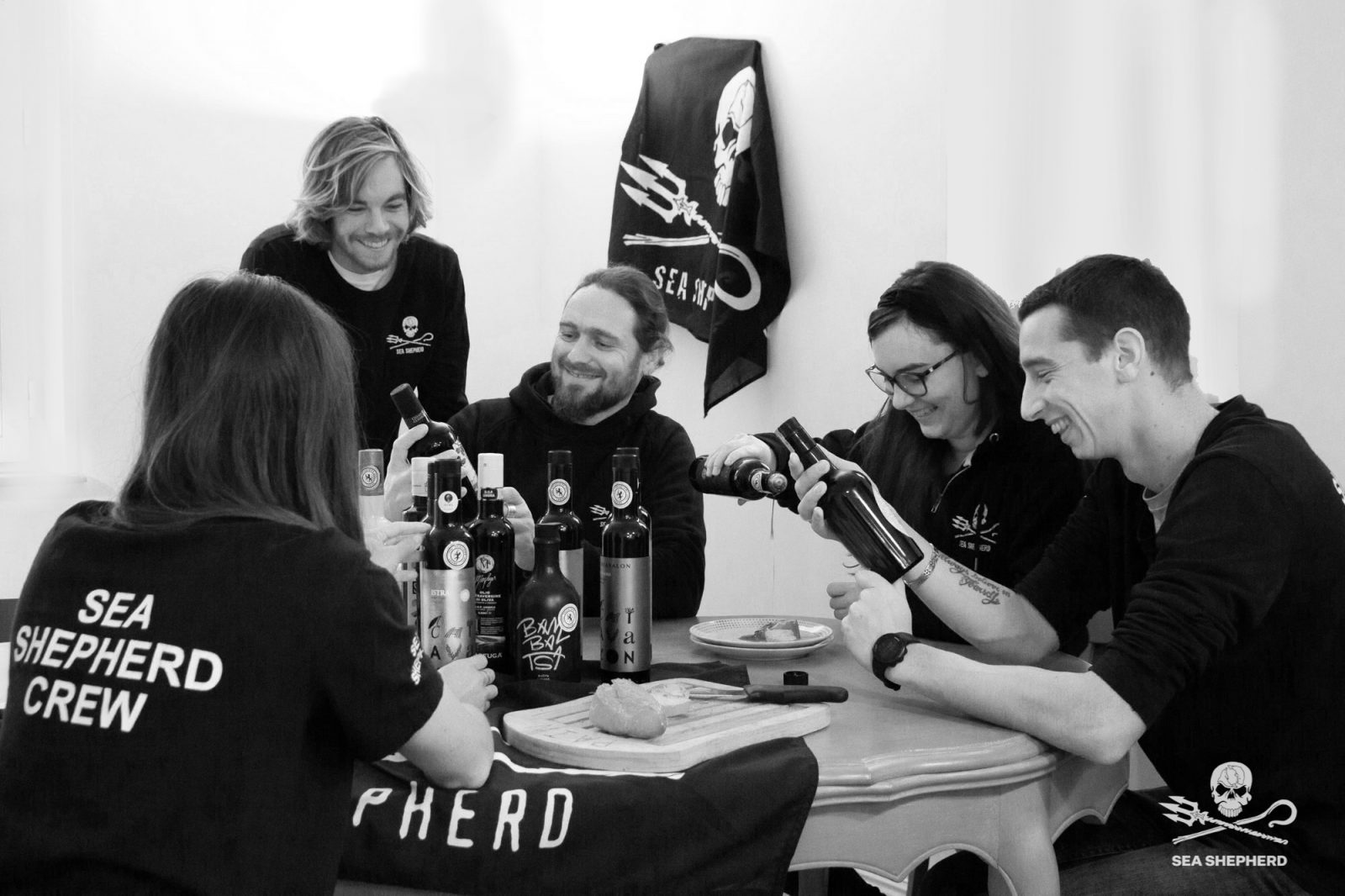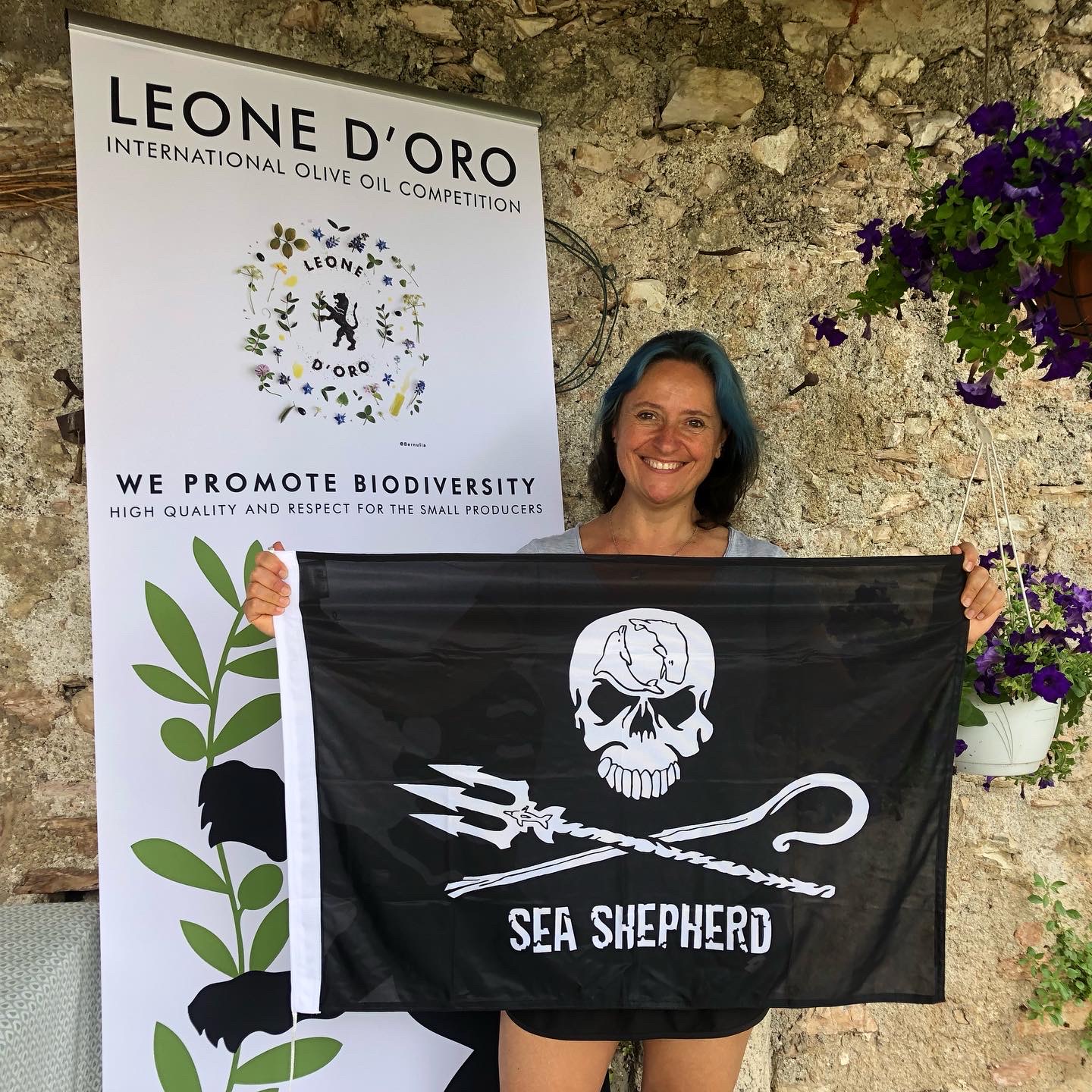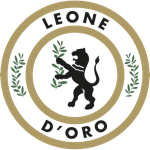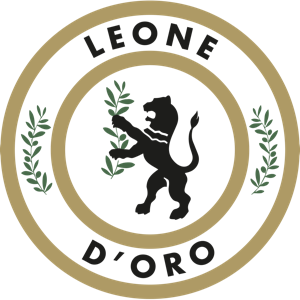From land to the sea: the Leone d’Oro embraces Sea Shepherd’s fight to save the environment.
Everything is connected. If there is one thing I firmly believe in, it’s this. Those who know the Leone d’Oro International and those who know me, know it well. Behind our competition, there is a real battle for the protection of olive biodiversity and the tenacious fabric of small producers that carry it. Talking about quality EVOO, also means talking about the environment. Talking about the environment means considering the ecosystem in its totality: the land, and the sea. This is where my encounter with Sea Shepherd begins.
My encounter with Sea Shepherd
My encounter with Sea Shepherd was the result of a series of chain reactions. It all started with a documentary on Netflix, “Seaspiracy,” which opened my eyes to a world I knew only in part — the theme of the exploitation of the oceans and the deleterious impact of man on the marine ecosystem. I have been a vegetarian for years, in the wake of an ethical and personal choice. However, I feel the need to do my small part to preserve the earth’s ecosystem, so I have also decided not to buy fish anymore.
When the cases of life were added, it made me understand what a further contribution might be. A holiday in Sicily had a very powerful impact on me, with the beauty of its sea. The meeting with Enrico Salierno was fortuitous (but the meetings are never fortuitous! ). He is one of the co-founders of Sea Shepherd Italy. Step by step, I had the privilege of learning about a world of daily struggle and tenacity. That is how the “shepherds of the sea” entered my life. And in the fate of Leone d’Oro.
What is Sea Sheperd and what is its mission?
Internationally, Sea Shepherd was founded in the late 1970s on the initiative of Captain Paul Watson, one of the founders of Greenpeace. In Italy, we had to wait until Enrico Salierno started Sea Shepherd Italia Onlus, together with other volunteers. He spoke to me about it and explained to me the urgency of doing something in Italy, too, and doing it immediately, in that beautiful mare nostrum.
The Mediterranean is, in fact, one of the most overexploited seas on the planet: “The Mediterranean is a closed system and this makes its balances very fragile. In terms of pollution, no doubt, but also as regards the protection of fish from illegal fishing. This is a scourge that affects all the 8000 kilometers of coastline that frame our country. He thinks that 50-60% of the fish that arrive on the Italian markets is the result of IUU fishing activities that are unreported and unregulated.”
Looking at “Seaspiracy,” I told myself that something had to be done, and now Captain Salierno explained to me that they, the shepherds of the sea, did much more than something, and they have been doing it for years. With the bulk of their activity right there, in our meeting place: in Sicily. “We landed in Sicily at the invitation of Enzo Maiorca and his daughter Patrizia. For a few years now, here in the Aeolian Islands, our battle has focused on two objectives. The “spadare”, first of all. This is a net fishing system banned by the European Community since the nineties. In practice, these are very large mesh nets with a very high catch. Try to imagine miles of nets that should only be used to catch tuna and swordfish, but in reality, they end up encompassing 150 different species that are completely outside the fishing target.
I’m talking about sea birds, turtles, even whales. Our campaign is called SISO, in the name of a Sperm Whale cub that has fallen victim to these nets. “Spadare” is one of our main objectives. Acting in close contact with law enforcement, we managed to seize almost 17 km of it, and this year (for the first time!) no sperm whale was caught in these deadly traps.”
Captain Salierno then told me about the F.A.D., a fishing system that, in itself, would not be illegal, if it were practiced within the set limits. However, due to the negligence of many fishermen — it does not. It winds up being the most massive plastic pollution ever documented in the Mediterranean:
“In this case, the objective of our activity is not so much illegal fishing but environmental pollution. Indeed, to be fair, the scale of the phenomenon is such that we could speak of a real environmental disaster. Fighting this problem means cleaning up the sea and saving the fish that inhabit it and that ends up swallowing plastic. We are getting good results but ours is a real fight of David against Goliath. We would need to do much, much more. And to do that, we need more resources.”
What can Leone d’Oro International do for Sea Shepherd?
The battle of Sea Shepherd is a war that belongs to everyone because it concerns a common resource. Where the earth ends, the sea begins; where the sea ends, the sky begins: nature is a continuum. For this reason, the fight in defense of nature cannot be a fight that proceeds by watertight compartments, cultivating only its own garden. Everyone can and must do something. The Leone d’Oro has decided to do its part. How? By making available to Sea Shepherd his gold: EVOO.
The intervention of the Leone d’Oro was filed down and calibrated in synergy with the “shepherds.” “On our ships, we eat exclusively vegan. You will understand, given the work we do, we do not eat little! If we start from here?” Enrico Salierno suggested me. That is when I realized what we could do.
At the end of each competition, a number of bottles of high-quality olive oil remain. Why not put this wealth back in circulation by giving our oil to the crews? Giving precious oil, like that which comes out of our competitions, does not only mean offering a pure and simple food; it is feeding in the true sense of the term, focusing on high quality. In our case, this action also implies putting into circulation and making use of a resource that would otherwise end up stagnating and becoming waste.
Is a question of a blue economy or circular economy
In addition, Selezione Leone oils have also become valuable gifts for donors contributing to Sea Shepherd’s activities; this helps the world of olive oil and biodiversity by creating an additional link that highlights the small producers and the value of their work. After that, who will live, will see. To contribute to the fight of Sea Shepherd, the LD also has other plans in store for 2022.
Meanwhile, two ships of Sea Shepherd have sailed to Africa with our oils on board. Knowing this, my heart widens.




Comments are closed.